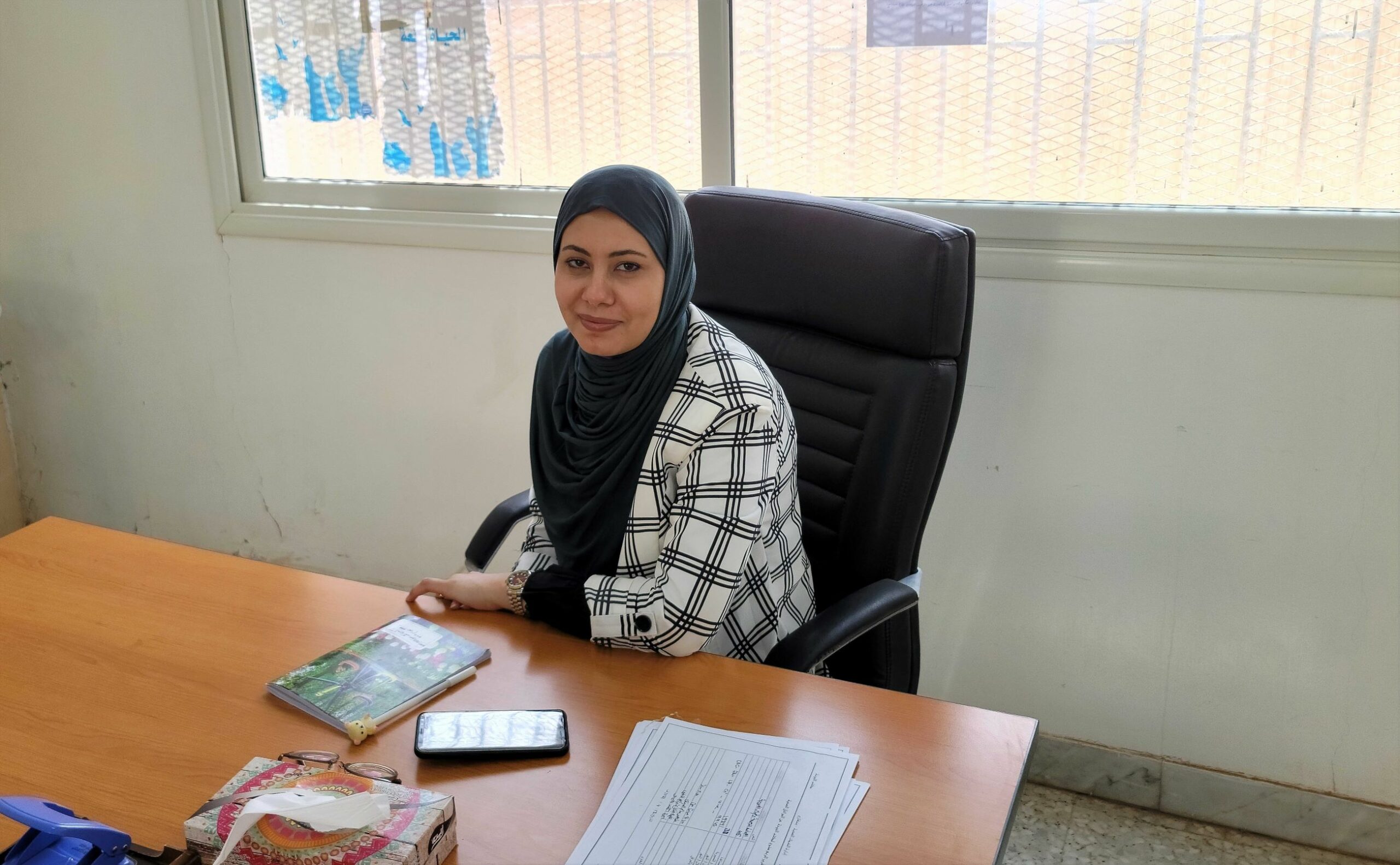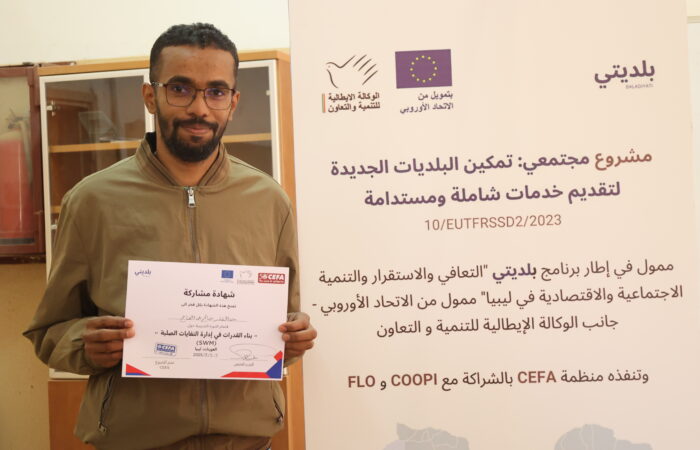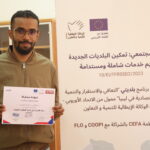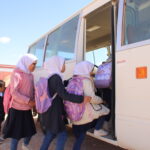In a time when the precarious situation of the health facilities in Libya has been further exacerbated by high rates of Covid-19 cases, awareness and practice on how to prevent patients and health workers from being affected by infections (referred to as “Infection Prevention and Control – IPC”) has become more crucial than ever.
“Infection control is not a field that I studied, it is definitely an approach I became familiar with through experience and personal interest.” Ameera, a graduate in public health, has made IPC both her passion and profession. Having an academic background in public health, today she serves as an Officer at the Health Service Department in Benghazi under the Ministry of Health (MoH), where she focuses on IPC practices and procedures.
“I love my work in the Department of Health Service,” begins Amira, “I started developing reports on infection control to ensure safe and adequate procedures were properly applied in our clinics. After validation, the reports will now be published and circulated within local clinics as guidelines to be followed and reviewed on an annual basis.”
While effective IPC is paramount to achieving quality health care delivery, Ameera reports a general lack of knowledge among clinic staff regarding the safe measures needed to minimize the risk of infections, as well as a widespread inattentiveness: “We have to be proactive and convince people to apply the right and proper approach,” states Ameera.
Ameera believes spreading awareness on the use of appropriate infection prevention and control measures is paramount. Accordingly, she was happy to take part in a Training of Trainers (ToT) organized by ACTED, in coordination with the Italian Agency for Development Cooperation (AICS), under the framework of the programme Baladiyati, funded by the European Union.
The ToT sought to grow the understanding and awareness of participants on IPC measures, so that they could then replicate the training and share their newly acquired knowledge within their working and community environments. “The level and quality of the training was high. We gained a lot from the facilitators’ experience and learned new skills, especially in terms of facilitation skills and how to transfer the knowledge,” Ameera says.
Since receiving the training, Ameera has already replicated it twice: the first time, held with colleagues in the health service for the Department of Primary Health Care, and the second round was held at the Oroba clinic. Both experiences were highly appreciated by the participants.
Thanks to the Baladiyati programme, Ameera has organized new cascade trainings throughout the summer to continue raising awareness and building the staff capacity on infection prevention and control within her community in Benghazi. Through this initiative, the medical staff will be better informed and skilled in their areas of competence, thus contributing to an improvement in the provision of quality and inclusive healthcare services.
This story was written by AICS based on content collected on ground by ACTED.
Photo credit: ACTED






